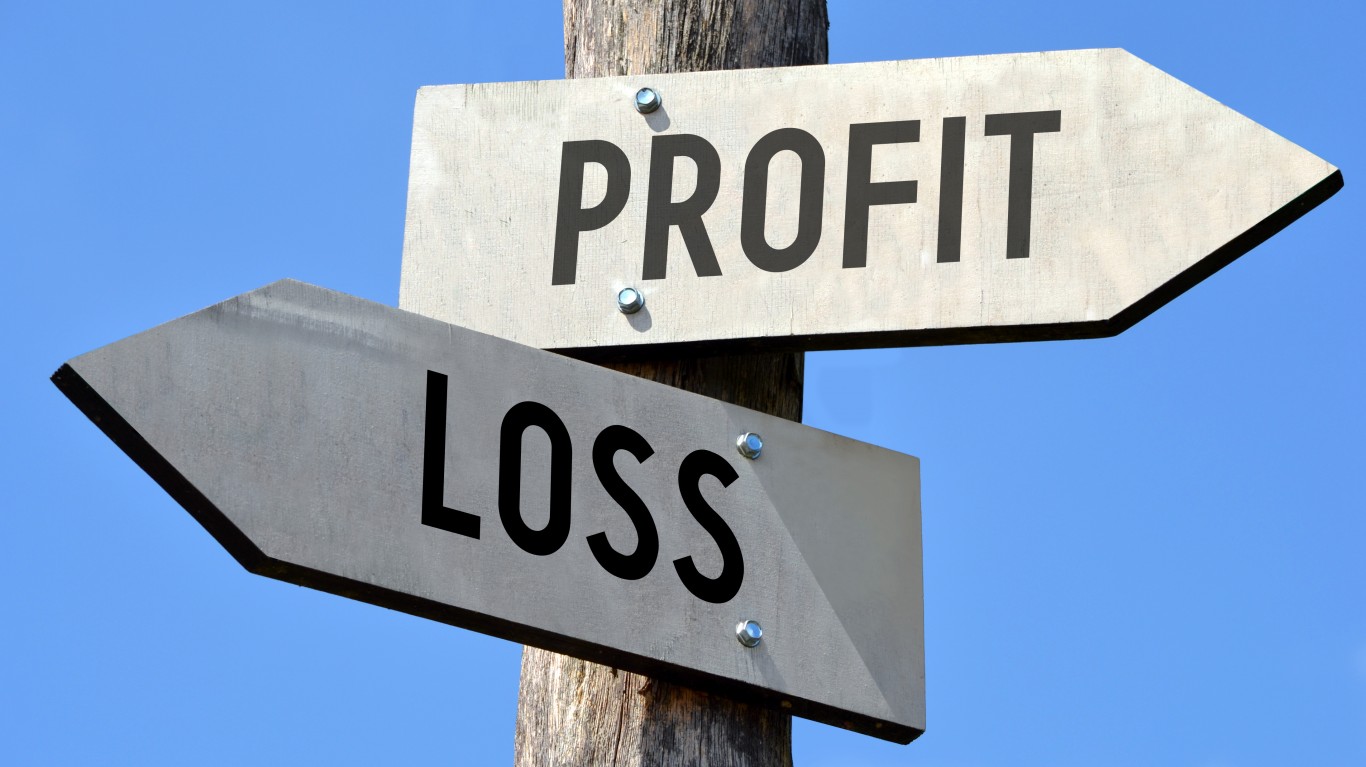Investing
What Is Pinduoduo (PDD) and Why Is It Beating Up Alibaba (BABA) and JD.com (JD)?

Published:

Chinese e-commerce giant PDD Holdings Inc. (NASDAQ: PDD), formerly known as Pinduoduo, reported earnings early Tuesday morning that blew the doors off consensus estimates and sent its stock price soaring, up more than 18% in the premarket session. Since its IPO in the summer of 2018, PDD’s stock price has jumped to an all-time high of almost $210 per ADS, has dropped to around $25, and then risen again to trade at around $136 Tuesday morning.

Operating profit rose 47% year over year to $2.48 billion and a sequential increase of 41.7%. Adjusted earnings per American depositary share (equal to four ordinary shares) rose to $1.55, up from $1.03 in the year-ago quarter and up from $1.24 in the second quarter of this year.
Operating expenses rose 44% year over year and 21.4% sequentially to $3.48 billion. PDD noted that the bulk of the increase was down to “increased spending in promotion and advertising activities.”

What Pinduoduo did early in its life was recognize that putting “social” into e-commerce was a winning idea. Shoppers can build and nurture their own virtual garden (PDD originally focused on being a digital farmers’ market) and earn tangible prizes. Those virtual gardens keep users on the site, just a click away from the site’s shopping mall.
Co-founder Colin Huang honed his chops at Google before founding the company in 2016. Co-founder and current board chair and CEO Chen Lei told The Wall Street Journal in 2021 that PDD did one thing very well: “We grasped the shift from searching to browsing.” The company made browsing fun and rewarding. Rock-bottom pricing didn’t hurt either.

According to BusinessofApps, Temu’s gross merchandise value (GVM) exploded from just $3 million in September 2022 to $1 billion this past June.
PDD stock traded up about 15.2% an hour before Tuesday’s opening bell at $135.52. The stock’s current 52-week high of $120.31 was posted last Friday.
Start by taking a quick retirement quiz from SmartAsset that will match you with up to 3 financial advisors that serve your area and beyond in 5 minutes, or less.
Each advisor has been vetted by SmartAsset and is held to a fiduciary standard to act in your best interests.
Here’s how it works:
1. Answer SmartAsset advisor match quiz
2. Review your pre-screened matches at your leisure. Check out the advisors’ profiles.
3. Speak with advisors at no cost to you. Have an introductory call on the phone or introduction in person and choose whom to work with in the future
Thank you for reading! Have some feedback for us?
Contact the 24/7 Wall St. editorial team.